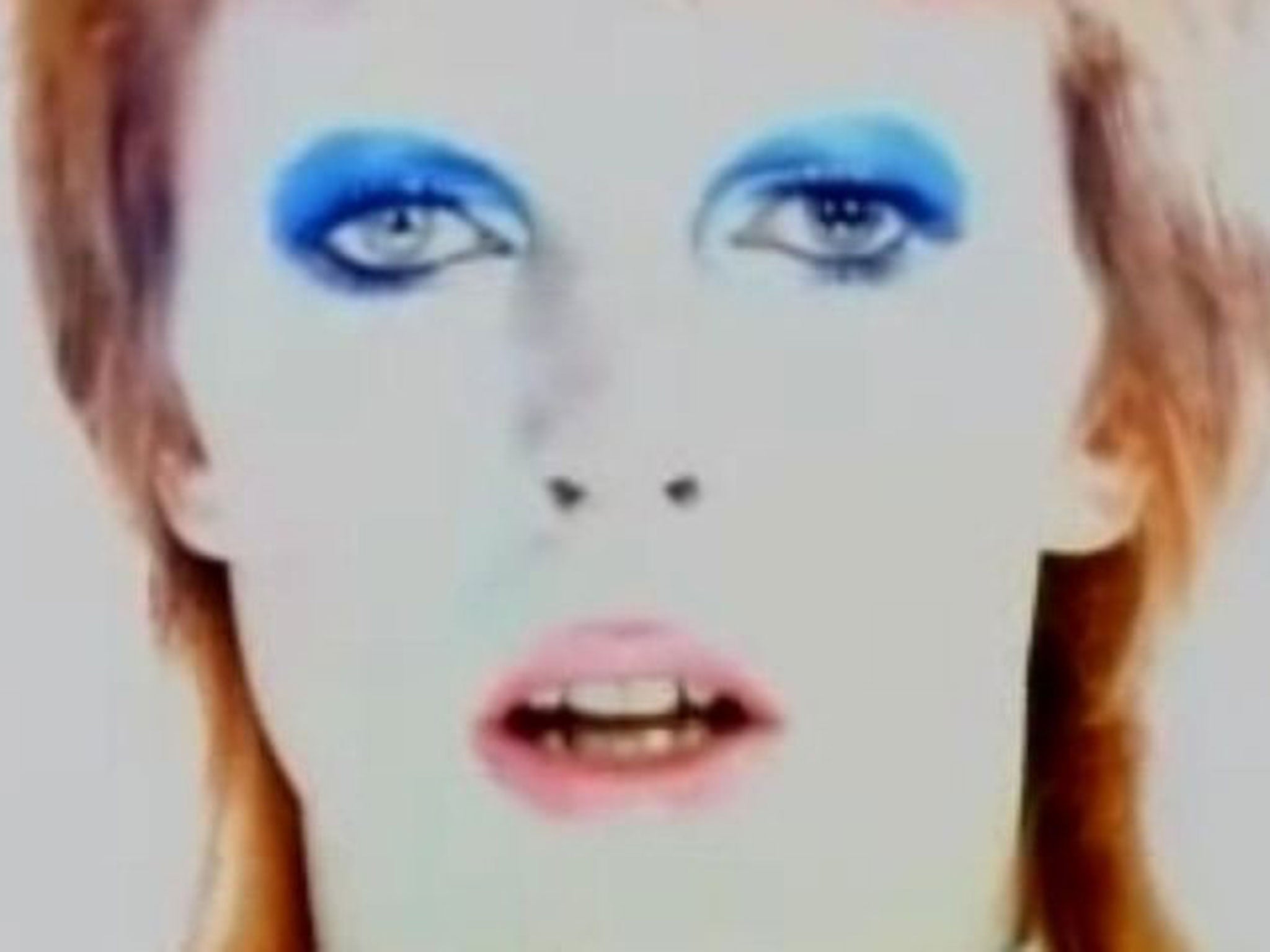
As a composer, people often ask what my favorite piece of music is – the one that affected me the most, the one that made me feel things I hadn’t before, the one that when I heard it I knew what I had to do with my life. I remember one day last fall that question was posed in my Intro to Composition class, to a room of mostly composition majors. Everyone in the room called to mind immediately their first exposure to Mahler, or their first bout with Bach or Beethoven or Brahms. As a composer I know I “should” love these great composers and be deeply affected by their expertise and power – and I do, and I am. But the piece that has most deeply affected me, the one that makes me sure of exactly why I chose to study to be an artist, and the one with which I responded in class was “Life On Mars?” by David Bowie. This song is, without hesitation, my Mahler Five, my Beethoven Nine, my Rite of Spring. But its impact on me (as well as Bowie’s impact) stretches back years before I ever decided to compose.
When I was in elementary school I remember going to Target one day with my mom for some errand and that day I was drawn to a CD case that had a strange, mosaic face on the cover with two different colored eyes.

I brought it to my mom and after some prodding she agreed to buy it. I still remember listening to it in the car that day, hearing the opening strums of “Space Oddity.” I immediately liked a few songs, but the rest I resolutely did not get at all. I remember latching on immediately to those few songs, though, and I would continue to listen to them until, over the years, I began to love more and more of the songs on the compilation as my tastes grew little by little.
Later, in middle school, I bought Hunky Dory on CD and I really didn’t understand it at first. Bowie was embracing such a huge sonic palette on it that the first few times I heard it I just couldn’t get my head around it, but when I did I fell for it hard.
At the heart of my love for Hunky Dory was the beguiling “Life On Mars?” From the opening of piano and Bowie’s voice to the increasingly complex chord changes that keep building in tension until that glorious release on the cinematic chorus, every second bristled with a kind of creativity and sincerity that was new and exciting. There was a world of dense emotion and beauty within this four-minute pop song that I had never encountered and something about it got into my head in a major way.
Over the years I became more and more of a hardcore fan, devouring record after wildly eclectic record, expanding my palette with every release — but it wasn’t just the music. I know for me, and for so many before (and undoubtedly after) me, Bowie represented something I hadn’t seen before. In Bowie, we saw that it was okay to question and experiment. He gave us, his listeners, a platform and the permission to question the things that were handed to us: genre, societal expectations, gender, sexuality, the boundaries of musical experimentation and expression, literature, visual art. And not just that – Bowie created an entire career’s worth of consistently amazing music, of which “Life On Mars?” is the prime example.
Past the amazing song that it is though, “Life On Mars?” was the song, and Bowie was the artist, that assured me that maybe I could be an artist, and maybe I could put my life towards the goal of creating something even half as beautiful and meaningful. It’s been almost two months since he passed away at the age of 69, and tributes to Bowie keep cropping up from the huge community of people he touched with his music and with what he stood for as an artist. So I thought it was only appropriate that, after some time to think about the impact of Bowie on my own life in the wake of his death, that I might throw something onto the digital mountain of testimonies, because I owe so much of who I am as a person today to the art and life of David Bowie.
The man may be gone, but the imprint he left on so many lives, mine included, is absolutely indelible.